Special Topics
Stay Informed with Special Topics from RISE
Audits and Certifications
Audits and certifications play a role in a company’s due diligence program and may help identify potential risks and opportunities for improvement. However, they are not effective as stand-alone programs, and companies should be aware of their benefits and limitations.
Aquaculture
The FAO estimates that over 20.5 million people were employed in aquaculture in 2018. Asia produces the most aquaculture of any continent and accounts for 85% of those employed in the industry. Within aquaculture, some of the most salient humans rights issues, including child labor, forced labor, and human trafficking, are found within the shrimp and fishmeal sectors.
Distant Water Fishing
Distant Water Fishing (DWF) refers to fleets operating outside their own countries’ exclusive economic zones (EEZs), often traveling long distances and spending long periods at sea to fish. At-sea transshipment, the practice of transferring fish and other supplies from vessels that catch fish to cargo vessels outside the port area, is often conducted in DWF, facilitating various practices—such as increased time at sea, mixing of fish, and misreported catch—that limit traceability and may place workers at risk.
Fishery Improvement Projects (FIPs)
Like many other seafood initiatives, FIPs have begun to integrate elements of social responsibility into existing improvement efforts in response to the growing importance of social responsibility in the seafood sector. FIPs help drive environmental, traceability, and social responsibility improvements in seafood supply chains that are not yet considered to be sustainably managed.
Illegal, Unreported, and Unregulated Fishing
Illegal, unreported, and unregulated (IUU) fishing includes all fishing that occurs outside of fisheries laws and regulations, or that outright breaks those laws and regulations. Estimates of global IUU fishing reach up to 26 million tons of fish caught annually, with a value between 10 and 23 billion U.S. dollars.
Prison Labor
While not all prison labor is forced labor, there are inherent risks of modern slavery that come with the power imbalance and confinement inherent to prisons. In addition, prisoners often have little to no ability to directly voice concerns or grievances to the companies utilizing prison labor. Without the ability to call attention to abuses behind bars, prisoners are at higher risk of exploitation.
Risk Geographies
Human rights abuses are well documented in global seafood supply chains. These abuses proliferate when states are unwilling or unable to enforce international standards for human rights. To adequately assess country-level risks in your company’s supply chains, legal protections and government enforcement must be taken into account when making sourcing decisions. This list highlights some of the most important geographical considerations related to human rights risks.
Gender and Seafood
Women are present in all segments of the seafood industry, from harvest to retail to administration. However, gender barriers keep women from full and equitable participation, which is imperative to the United Nations Sustainable Development Goal 5, gender equality.
Decent Work at Sea
The decent work agenda is about safeguarding fundamental human and labor rights, offering equality of opportunity and treatment to workers, delivering a fair income with security and social protection, including worker voices in workplace decision making, and allowing for the potential of personal development and recognition.
